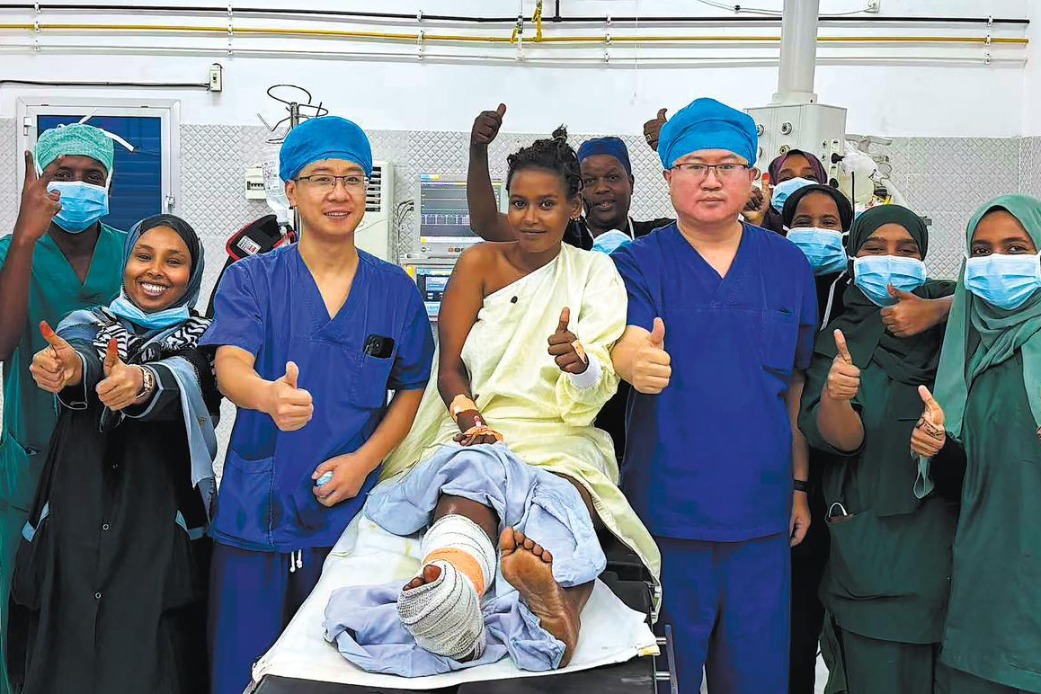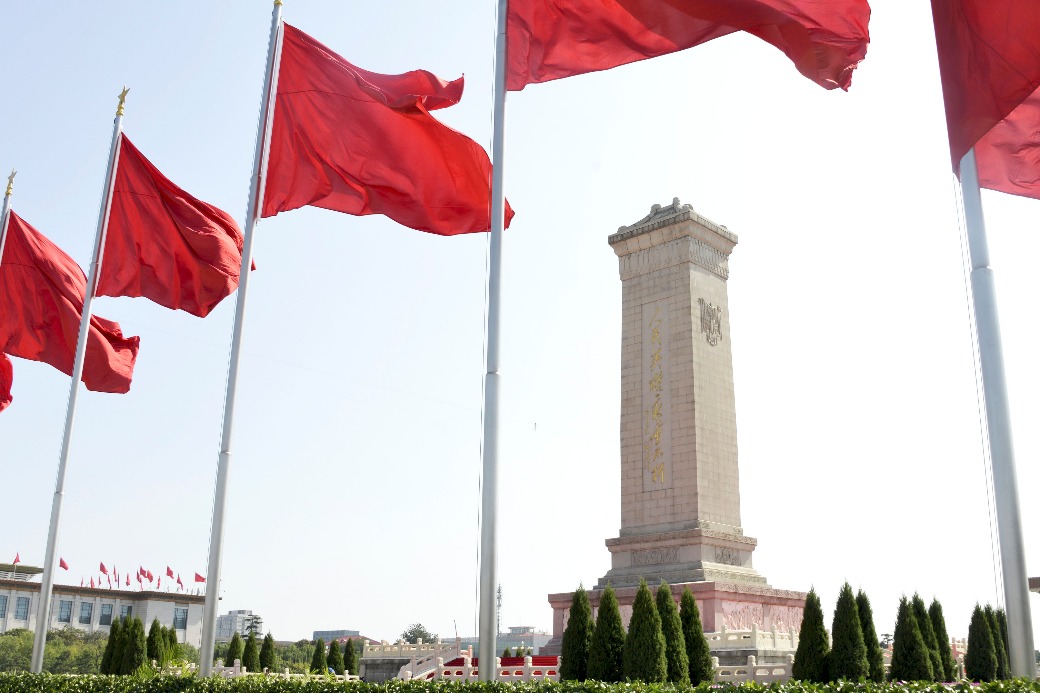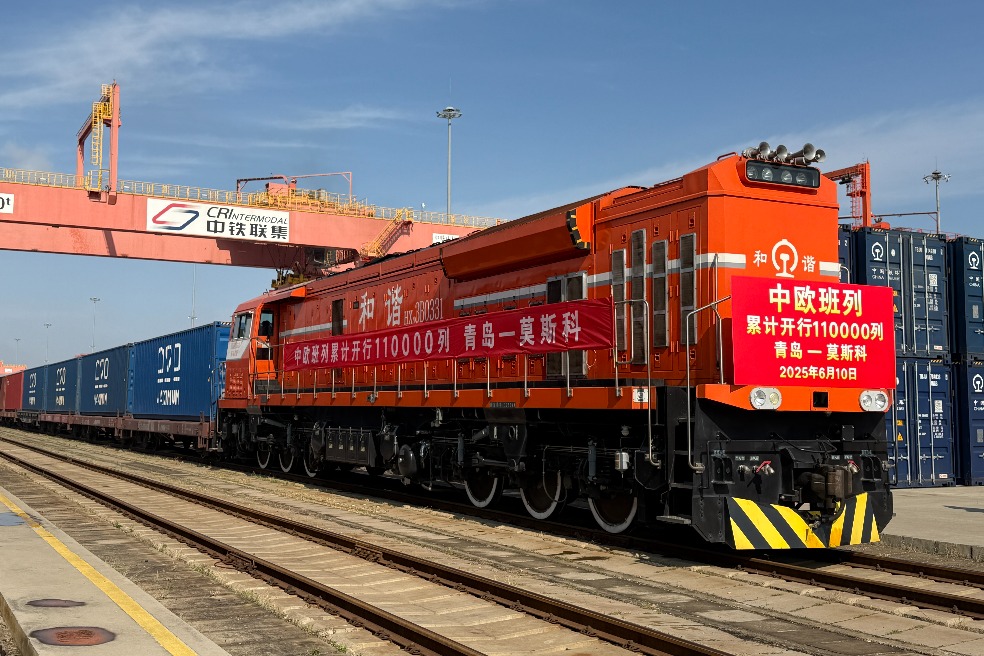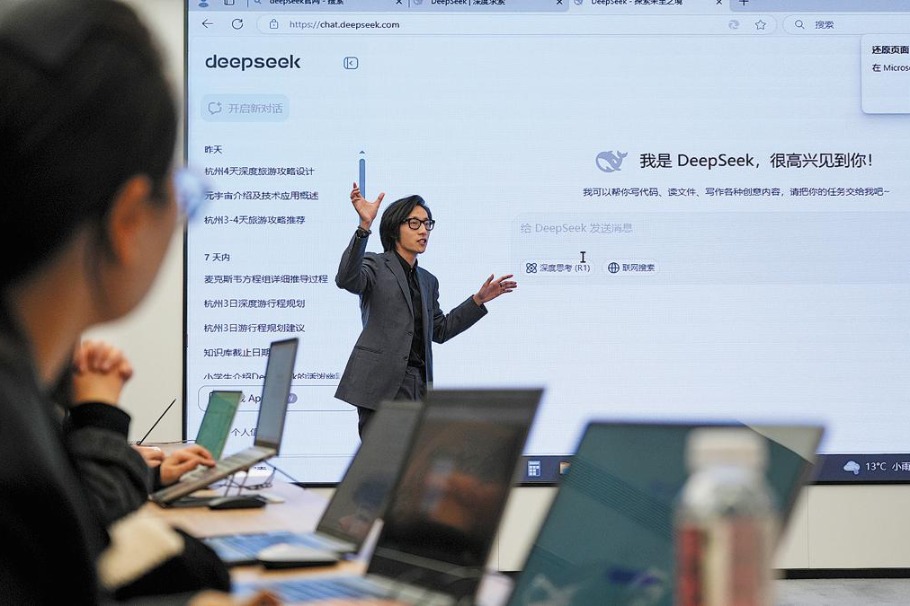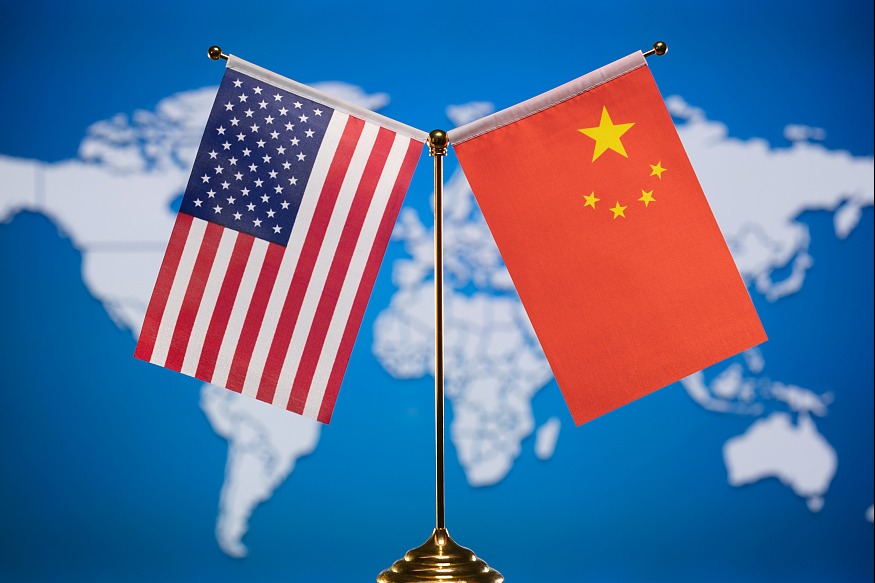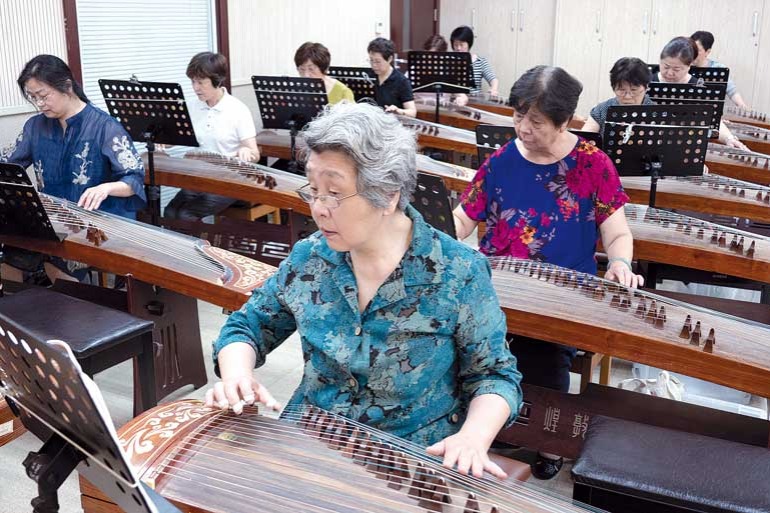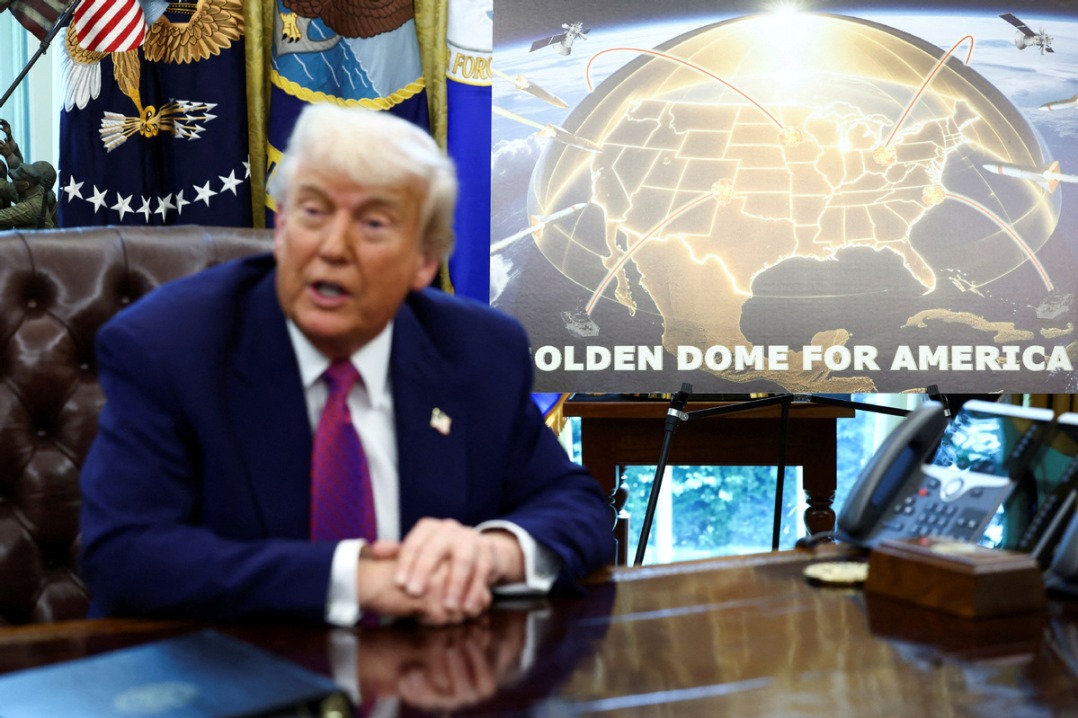The NBA must adapt to global opinion – or perish


When meeting someone from another country, it's sometimes hard to answer that age-old question: "Where are you from?"
There are quite a few options. The simplest is just to say "the United States" — with a mixture of shame and regret over the images the person I'm speaking to might conjure. I recall, for instance, meeting an Iraqi and giving an immediate, profuse apology over the US government's destruction and ransacking of his country. He did not blame me, which was very kind of him.
I could give in to my home state's ardent regionalism and say "I'm from Texas"; a declaration which carries its own hefty baggage. Texans wear their state’s brief history as an independent country as a badge of honor, one I’ve always been uncomfortable with — as its war of independence from Mexico was largely fought to maintain the institution of slavery. Makes one feel a little gross.
But to be geographically honest, I've always considered myself a Houstonian first and foremost. Doctors saved my life shortly after my birth at St. Luke's Medical Center. I was raised outside the city proper, but going north always felt like a special trip, to a place where I really belonged. For a kid eager to escape the slow pace of small-town life, Houston was a Mecca just a short drive away.
And for good reason. It’s an incredibly vibrant city, beating out New York's famous melting pot to be ranked the most diverse metro in the US. It boasts a world-class art and theater scene, and is where some of my dearest friends and family live and work. While far from a perfect place — racial and economic divides are rampant, as they are in all US cities — it's home.
Which is why it's been so disheartening to see my city swept up in the West's latest bout of anti-China invective.
The controversy began when Daryl Morey, general manager of the National Basketball Association's Houston Rockets, tweeted in support of the Hong Kong protests. Backlash was immediate in China, with widespread surprise and criticism leveled at Morey for his support of a movement that carries the implicit goal of dividing Chinese territory. The team's owner and the NBA quickly distanced themselves from Morey's comments, opening themselves up to vociferous attack from elite opinion sectors in the US. During this backlash to the backlash Brooklyn Nets owner Joseph Tsai, an Alibaba co-founder, was similarly pilloried over a Facebook post discussing Hong Kong's colonial history and its rightful return to China after a hundred-plus year period of subjugation by the British.
It's an incredibly toxic atmosphere. The NBA has been accused of kowtowing to a foreign government — even though the response to Morey's comments was largely fan-driven — and with the anti-China media blitz in full spin over the past few years, there are few allegations that carry more venom. A hawkish line has long been the order in the US, and a bipartisan one to boot; Democratic and Republican politicians have all their own line of attack against China, even if they nominally oppose President Donald Trump’s trade policies.
So as a Houstonian living in China, this particular incident hits home. Though I don’t watch professional basketball now I have fond memories of my childhood, when Hakeem "The Dream" Olajuwon led the Rockets to consecutive league championships in 1994 and 1995. And as an adult I was proud to learn of the team’s strong links to China, especially after current Chinese Basketball Association president Yao Ming earned international stardom as a Rocket. It pleases me to no end when, after learning the city I'm from, Chinese people I meet immediately say, "Yes, the Rockets!" It's unlikely that enthusiasm will last in light of recent events. Can’t say I blame them.
International entities are learning the hard way if they want to operate all over the world, they must respect a wider range of opinions than they’re used to. For decades, the West and the US in particular enjoyed a rigid hegemony over narratives that allowed them to define the correct answers to all sorts of questions. There was, due to dominance over culture and the dissemination of information, no need to account for alternatives — so in media and entertainment one could do whatever one pleased so long as it did not disturb that orthodoxy.
It was once acceptable, for example, to paint Middle Easterners as crazed terrorists or Mexican immigrants as shiftless criminals in Hollywood films when the primary audience was white Americans. Now, as the US movie audience shrinks and the average theatergoer becomes more international, such practices are rightly deemed racist. Yet some commentators have openly wished for a return of Chinese villains in film — as if the world wants or needs more bigoted depictions of mustache-twirling Fu Manchus.
When self-styled China experts vent their outrage at "censorship", remember what they're really angry about is questioning the consensus they work so hard to manufacture. They don't want to acknowledge there are other people in the world who might think differently about a situation, and they certainly aren't pleased those people are now able to express their disagreement through boycott or public criticism. These attitudes are still the norm on the world's biggest media platforms. I can't, by way of example, think of a single voice in the major Western press who has cast one iota of doubt the protesters' way, or provided the kind of context Tsai did; the media has marched in lockstep vilifying China and praising the demonstrators, even as they turn to violence.
For the longest time, this engineered narrative would be all people were allowed to see. But as previously impoverished countries develop, building homegrown social media, their populations finally have a means to object to the way they and their country are treated by smug opinion-makers from faraway places. The balance of power is shifting, and those formerly brutalized by the colonialism and imperialism of the West are making their voices heard.
Organizations accustomed to the unquestioned supremacy of Western opinion can either accept this fact and adapt to it or lose the support of entire peoples. It's entirely up to them.
The author is a writer with China Daily.
The opinions expressed here are those of the writer and do not represent the views of China Daily and China Daily website.


















